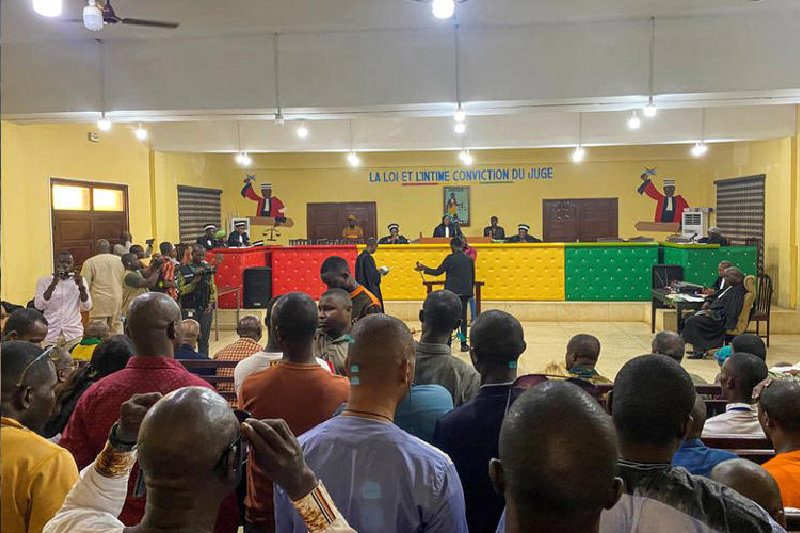Guinean trade unions call off nationwide strike, restoring normalcy
Guinea’s labor unions have decided to pause a nationwide strike that had brought the country to a standstill, significantly impacting its mining industry. The strike, which began on Monday, had garnered widespread attention due to its severe effects on other businesses and services across the nation. The Guinean Trade Union Movement, a group representing various workers’ unions, announced the decision to suspend the strike in an official statement released on Wednesday. This move marks significant progress in the ongoing labor dispute, signaling a potential shift in dynamics between the unions and the government.
Release of Jailed Leader
A key factor in suspending the strike was the release of Sekou Jamal Pendessa, a prominent union leader whose detention had been a central point of contention for the labor unions. Pendessa’s freedom was one of the main demands put forward by the Guinean Trade Union Movement. His release on Wednesday represented a breakthrough in negotiations between the unions and the government. Pendessa’s jailing had galvanized support for the strike and had become symbolic of broader grievances regarding labor rights and political freedoms in Guinea.
Prospects for Continued Negotiations with the Government
With Pendessa’s release, the labor unions have expressed their intention to continue negotiations with the government to address the remaining grievances. These grievances include issues such as reducing food costs, lifting internet restrictions, and implementing a previously agreed-upon wage increase. The decision to pause the strike underscores the unions’ commitment to meaningful engagement and pursuing tangible solutions to these pressing concerns. It also reflects a willingness on the part of the unions to work collaboratively with the government to achieve mutually beneficial outcomes.
Impact on the Mining Industry and Global Markets
Suspending the strike has significant implications for Guinea’s critical mining sector, which is one of the world’s leading producers of bauxite. The disruption caused by the strike had raised concerns within the industry regarding production levels and supply chain stability. Initially, reports showed a spike in alumina prices in China due to strike-induced supply constraints. However, traders recognize the impact was moderated by existing bauxite stockpiles in China, which helped ease some of the immediate market pressures. Suspending the strike is expected to restore some stability to the mining sector and should have positive repercussions for global markets reliant on Guinea’s mineral assets.



Comments
Post a Comment